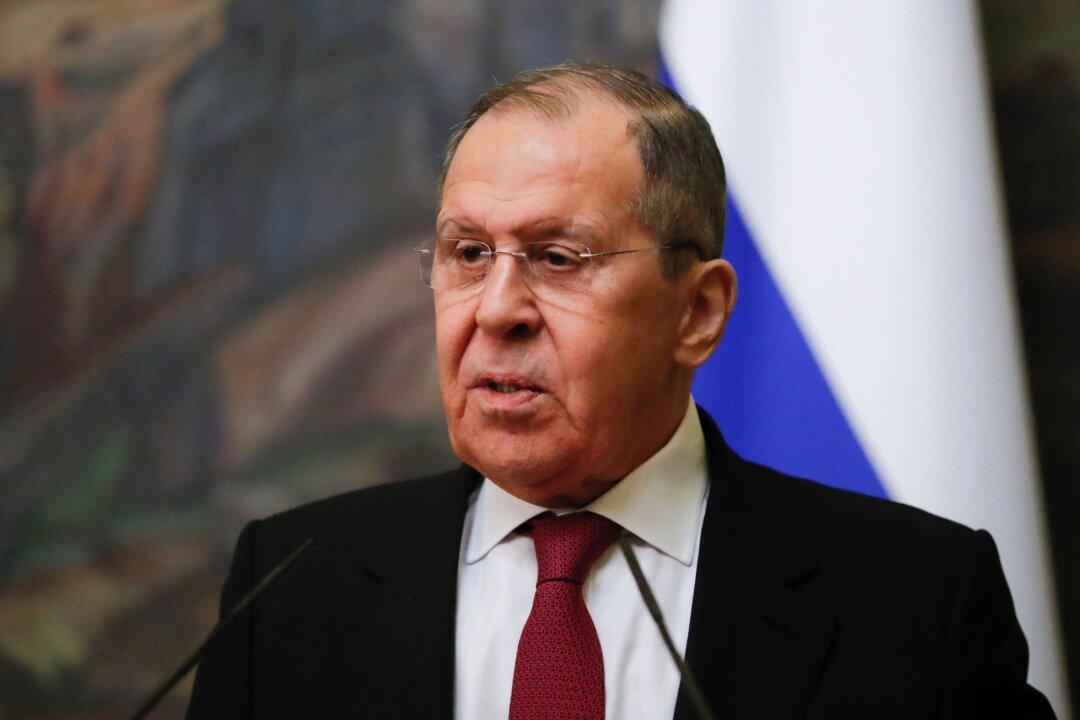Russian Foreign Minister Sergei Lavrov on Wednesday said that the next round of talks aimed at salvaging Iran’s tattered 2015 nuclear deal may resume before the end of this year.
The seventh round of talks, which are being held in Vienna, had ended last week at Iran’s request. Those involved said some progress was made, but negotiators haven’t come close to an agreement yet.





